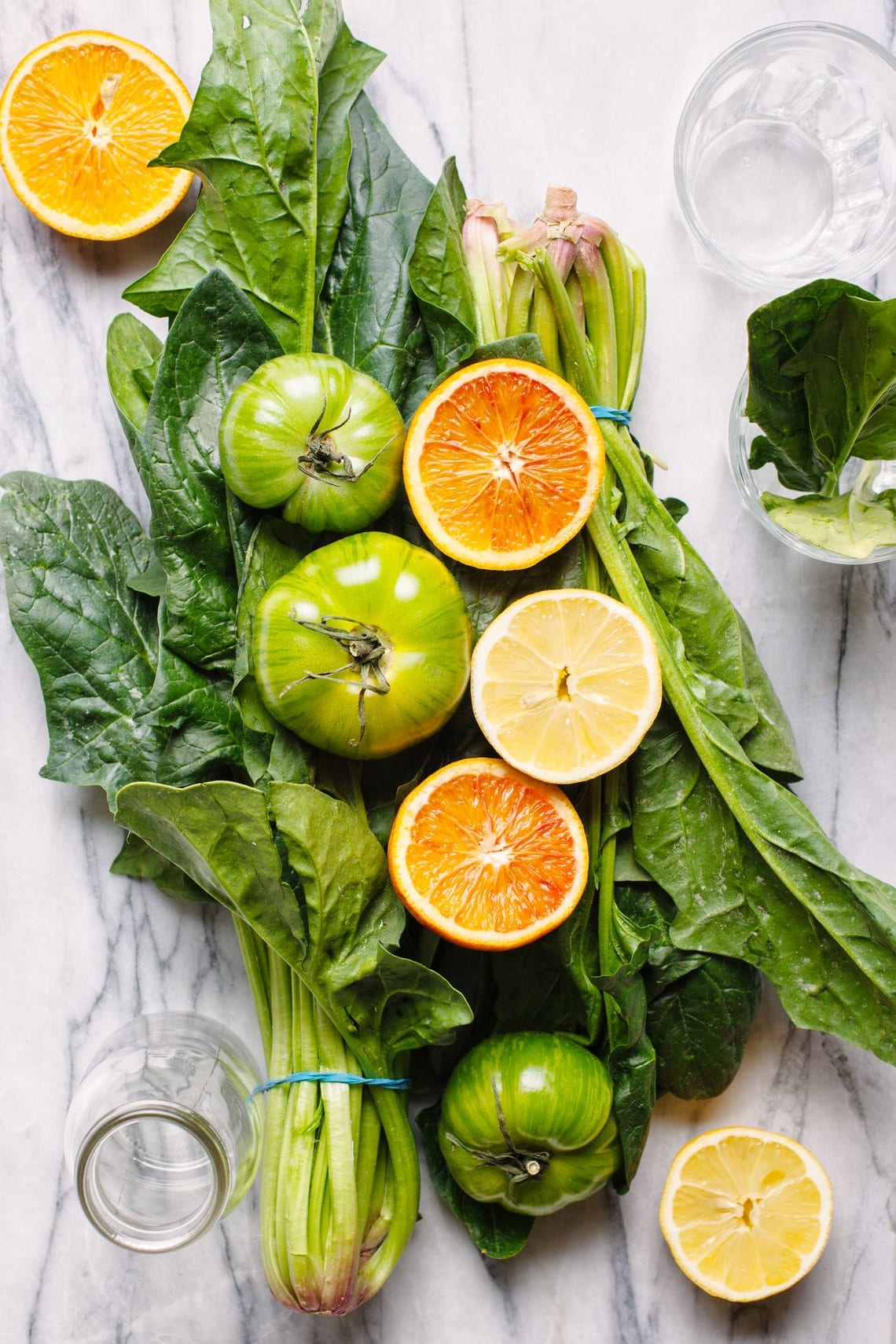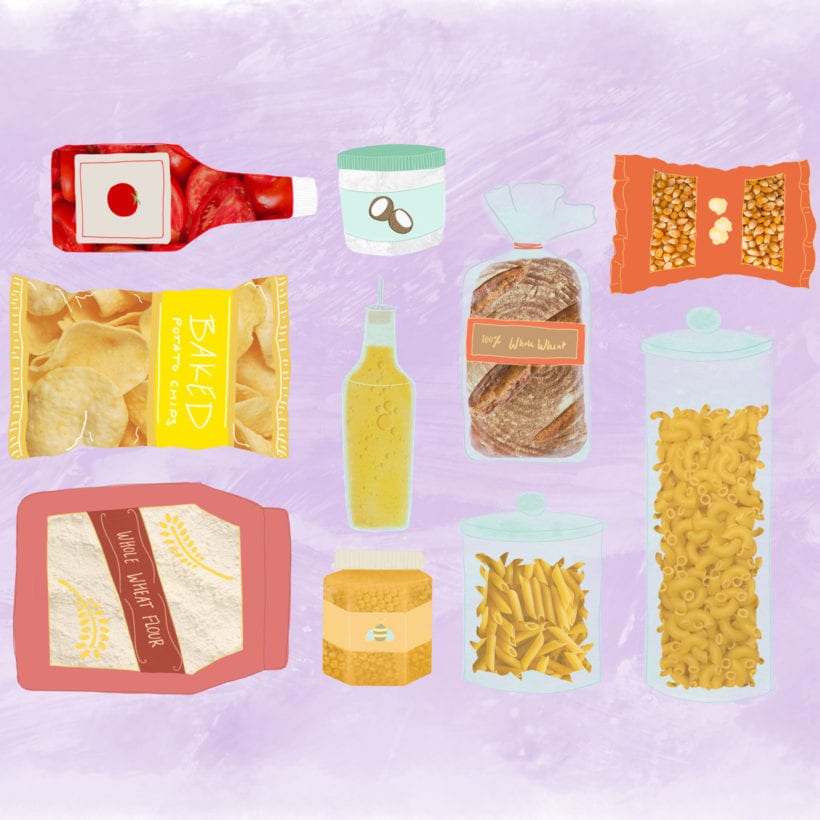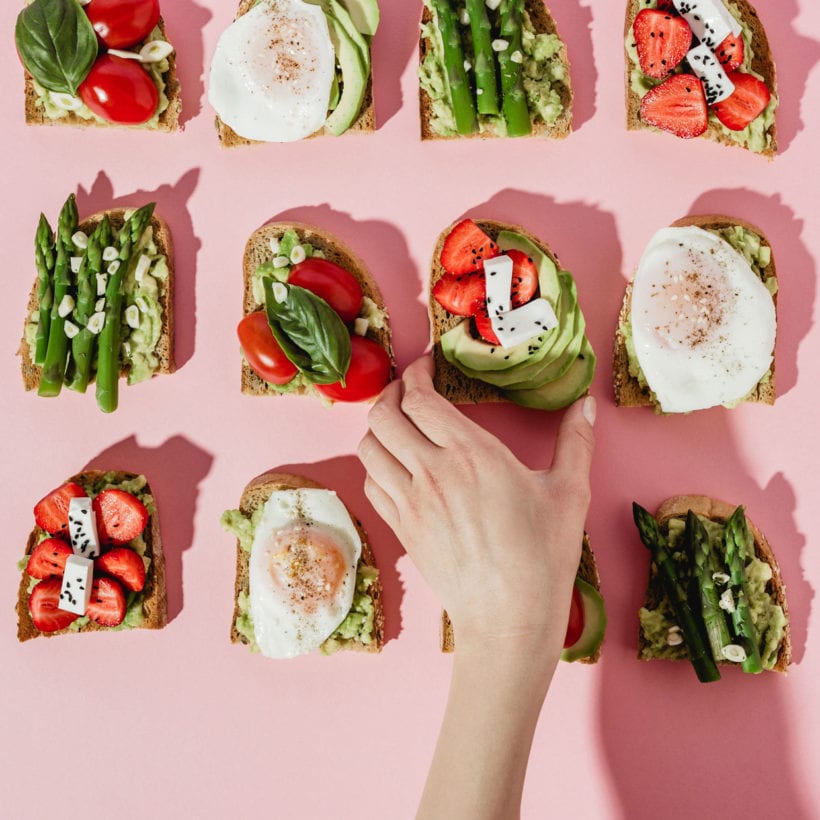Heart disease is the leading cause of death in the U.S. for both men and women. And with millennials reportedly making more personal improvements to their health than other generations, keeping a healthy heart is at the top of everyone’s list.
Comprised of several conditions (coronary heart disease, stroke, arrhythmia or angina), heart disease is primarily related to plaque buildup in the walls of arteries. Though symptoms and prevention tactics for heart disease are pretty much the same for men and women, women need to be particularly careful about feelings of excessive bloating, discomfort in their stomach, routine light-headedness or fatigue.
Here is what you can do to start your heart health on the right beat:
1. Reduce Your Stress
Stress is known to increase the risk of cardiovascular problems, with anxiety, depression and anger also playing a role in the state of your heart. Because of this, managing stress is incredibly important in reducing your risk of heart disease. Luckily, studies show that psychosocial therapies are promising in the prevention of heart attacks. The American Heart Association recommends four ways to deal with stress: positive self-talk, emergency stress stoppers such as counting to ten or taking five deep breaths, enjoying your favorite activity for at least 15 minutes and daily relaxation such as yoga class or meditation with apps like Headspace or Calm.
2. Eat More Fruits and Vegetables

Five servings a day of fruits and vegetables lowers your risk of heart attacks and stroke, but in 2017, doctors found that 10 servings a day (about five cups) may lower your risk of cardiovascular disease by 28 percent. The fruits that seem to offer the greatest benefits are apples, pears, oranges, green leafy vegetables, broccoli, cabbage and cauliflower, and carrots, beans and peppers, which help lower cholesterol and blood pressure thanks to their healthy dose of fiber. A good rule of thumb? “At lunch, have at least three fruits/vegetables on your plate,” says John Higgins, M.D., professor of cardiovascular medicine at McGovern Medical School at UTHealth in Houston.
3. Avoid Trans-Fats & Salt
Foods high in saturated fats and trans fats increase levels of low-density lipoprotein (LDL) cholesterol — the bad cholesterol, which narrows arteries and restricts blood flow — and are likely to be nutrient deficient. By avoiding fried and processed foods, and opting for foods like fish, nuts and avocados, which are full of healthy monounsaturated and polyunsaturated fats, you are helping to improve cholesterol levels. “In terms of shopping, things that are in packages that have really long shelf-lives are generally a red flag that they have things in them like preservatives that are typically full of trans-fats, sugars and salts,” says Higgins. Additionally, sodium — fast-food often have more than the recommended daily intake — tends to increase blood pressure. “You have to go to the grocery store more often, but now at least we have that option of [meal] delivery services, with all fresh ingredients you need.”
4. Reduce Your Sugar Intake
The American Heart Association recommends that women eat less than 100 calories of added sugar per day, and men less than 150 For reference, a single can of soda is 150 calories. Research has shown that increased sugar intake, even in just sweetened beverages like soda, energy drinks or sweet tea, can raise blood pressure and may stimulate the liver to release more harmful fats into the bloodstream. Both of these responses are linked to an increased risk of heart disease. “Things that are high in refined or processed sugars also lead to increased insulin release. Over time, that could lead to the body becoming insulin resistant, which leads to diabetes, as well as weight gain,” says Higgins. “In 2019, there’s no reason people should be drinking things like soda or other sugary drinks on a regular basis. Drink water. Some people also recommend alkaline water — if it’s natural, it’s good for you.”

5. Watch Your Screen Time and Get Enough Exercise
The more screen time someone has, whether it be from TV, computers or smart devices, the more likely they are to be overweight or obese and at risk of developing heart disease and diabetes. Additionally, high levels of screen time have been linked to cancer and heart disease. Scripps Health recommends adults spend less than 10 hours in front of the TV per week. The best solution? Get outside and exercise. Track your screen time — iPhones now can tell you how much time spent on your phone each day, and most apps, such as Instagram, will show your usage time — and be cognizant of how your results could affect your heart. “People who are working need to be aware of how much they’re sitting and get into the habit of getting up every hour and walking to the bathroom or the water fountain, get a standing desk, have walking meetings, and try not to use the elevator,” adds Higgins. Devices like the Apple watch or the FitBit can help you track your activity levels throughout the day.
6. Reduce Your Alcohol Intake
The American Heart Association recommends that adults consume only one standard drink per day for women and one to two per day for men. Drinking too much alcohol can raise the levels of some fats like triglycerides in the blood, which are linked to conditions such as high blood pressure, obesity, stroke and heart failure. Plus, it ups your caloric intake, which, indirectly or not, also has an effect on these conditions. Now, if you are wondering about red wine and its effect on heart disease, the common adage is that red wine actually helps increase the levels of good high-density lipoprotein cholesterol (HDL) thanks to its flavonoids and antioxidants, but overall research is still emerging.
7. Do Not Smoke (Or Vape!)
It almost goes without saying, but smoking increases the risk of developing heart disease by damaging the lining of the arteries, which leads to the build-up of fatty materials and narrow arteries. Additionally, the carbon monoxide in tobacco smoke reduces the amount of oxygen in the blood and changes the chemistry of your blood. This causes plaque to build up in the arteries, which can create blood clots and lead to a heart attack or a stroke. Vaping is also a culprit, and recent studies show negative effects in the cardiovascular system. “There are so many chemicals in them, and they’ve even found formaldehyde,” says Higgins. “Anytime you have [something] heated or burned, it always creates additional chemicals that are not healthy for the body. [Vaping, in particular, can be] mixed in with so many different things, including nicotine.”

8. Sleep
Sleep is essential for a healthy heart. Although the research on why exactly sleep affects the heart is still emerging, studies have found that too little sleep causes disruptions in important bodily functions such as glucose metabolism, blood pressure and inflammation. “We know sleep affects not just mental performance throughout the day, but also physical performance,” says Higgins. “If you don’t know your sleep balance, get an activity tracker.” Plus, there are apps like Sleep Cycle, Pillow and SleepScore, which tell you how much quality sleep you are getting.







